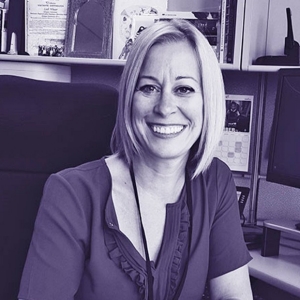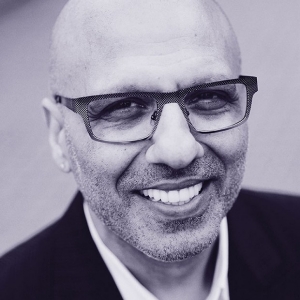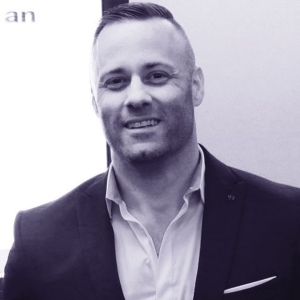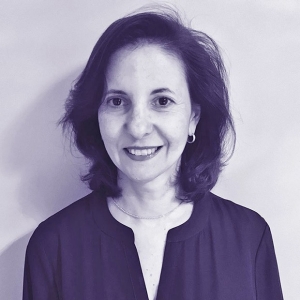As the assistant director of refugee protection policy for Immigration, Refugees and Citizenship Canada in Ottawa, Leah Borsa, MA (PPPA) 98, manages a policy team that handles refugee-related issues.
Working for the government has provided the challenging and intellec- tually stimulating career Borsa always wanted. “I’m driven by learning, not money,” she explains. “And for me, my work feels like doing a PhD in real time. That’s what I love most.”
Currently, her team is working on a United Nations initiative that will seek to address the global refugee crisis. The international agreement — known as the Global Compact on Refugees — will set out guidelines for how to handle refugee related-issues like asylum, resettlement and integration. “It is one of the most exciting things I have worked on over my career,” she says.
Prior to joining Immigration, Refugees and Citizenship Canada, Borsa spent six years with Canada’s Human Rights Commission, where she helped develop international human rights policy.
Collaborative work
Borsa’s career has taken her to New York City, Geneva, Switzerland and “maybe 10 other countries.” Nonetheless, when speaking about her achievements she’s careful to underline that importance of coordination with a team. “Any good bureaucrat will tell you they don’t do anything alone,” she explains. “It’s all about collaboration.”
Borsa can trace her interest in global affairs to a young age. “I’ve always had a broader perspective and have been curious about the world,” she says.
“I like the idea of being a global citizen and contributing to the global good in a positive way.”
As an undergraduate student in economics at the University of Manitoba in Winnipeg, she thought that a career in international law would be her ticket. However, a professor suggested Concordia’s Master in Public Policy and Public Administration degree as a “more pragmatic” option. The program blends an academic focus and work experience. It is designed for people who want to make a difference in the world. The program is also an excellent bridge to government — many of its alumni head into public service.
During her studies, Borsa took a class on alternative dispute resolution. The methods, she explains, were rooted in Indigenous philosophies and helped shape her future work with the Human Rights Commission. Other aspects of the program — like international relations theory and how to evaluate programs — help her in her current role.
Working on refugee-related issues feels particularly important now to Borsa, at a time when the rhetoric around refugees is charged and some countries are opposing the entrance of any asylum seekers. “Canada has had a longstanding human rights tradition of responding to the needs of the most vulnerable,” she says. “It’s one of our values.”
—Joel Bard
Imparting Canada’s values
 Leah Borsa is assistant director of Refugee Protection Policy for Immigration, Refugees and Citizenship Canada in Ottawa.
Leah Borsa is assistant director of Refugee Protection Policy for Immigration, Refugees and Citizenship Canada in Ottawa.
 After a long career with Immigration and Citizenship Canada, in 2016 Himmat Shinhat began working with Syrian refugees as director of outreach for the Syrian Refugee Resettlement Initiative in Ottawa, his last stop before retiring in 2017.
After a long career with Immigration and Citizenship Canada, in 2016 Himmat Shinhat began working with Syrian refugees as director of outreach for the Syrian Refugee Resettlement Initiative in Ottawa, his last stop before retiring in 2017.
 As a learning advisor For Immigration, Refugees and Citizenship Canada in Vancouver, Ryan Johnson serves as a liaison between immigration officers and course developers.
As a learning advisor For Immigration, Refugees and Citizenship Canada in Vancouver, Ryan Johnson serves as a liaison between immigration officers and course developers.
 Helene Panagakos, who has been with the department of Immigration, Refugees and Citizenship Canada since 1998, first worked with the immigration and refugee board and is now director for the Citizenship and Passport Cases division of the Case Management Branch.
Helene Panagakos, who has been with the department of Immigration, Refugees and Citizenship Canada since 1998, first worked with the immigration and refugee board and is now director for the Citizenship and Passport Cases division of the Case Management Branch.